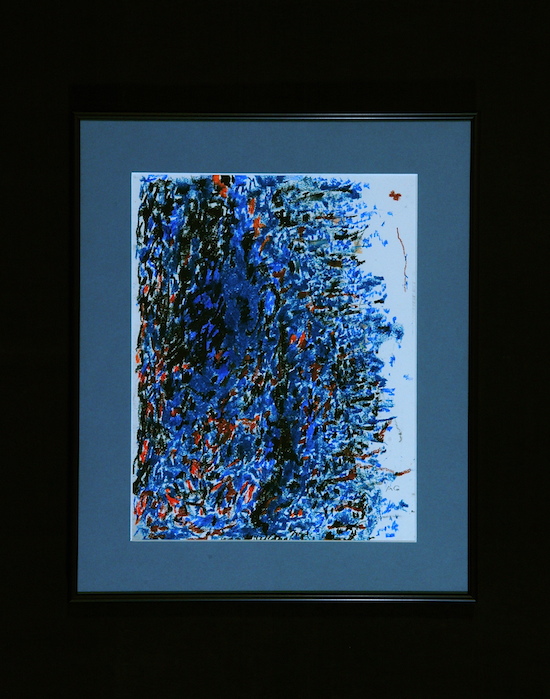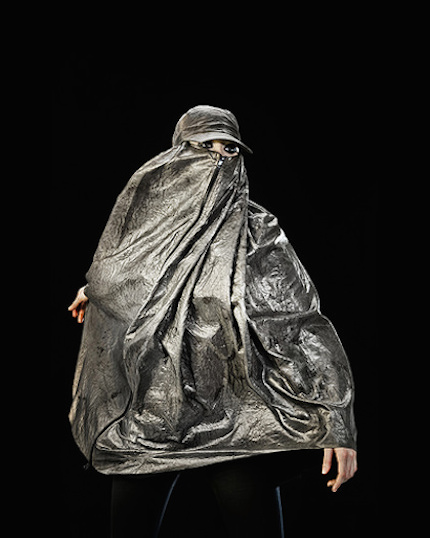Sometimes events conspire to shine a spotlight on the effects of decades of bad policy decisions. Such was the case earlier this week when the Massachusetts Bay Transportation Authority — and with it the Greater Boston economy — all but ground to a halt under the weight of record snowfall and cold.
Fixing the T will require reform, restraint, and money, and it will be far more difficult than it would have been had state leaders acted when the agency’s problems became apparent more than a decade ago.
Today the MBTA owes nearly $9 billion in debt and interest, and faces a $3 billion maintenance backlog. With the T paying nearly as much in debt service as it collects in fares, the commonwealth, despite its own fiscal problems, will likely have to take over some of that debt. Otherwise, the transit agency will be like one of the many cars we’ve seen in the last week, spinning its wheels faster only to get mired ever-deeper in snow.
But the state can’t solve all the MBTA’s problems. The T should develop clear, customer-focused metrics, as promised in Massachusetts’s 2009 transportation reform law, publish them on its website, and regularly update its performance against the metrics.
Performance goals in such areas as on-time performance, percentage of operating costs covered by fare revenue, and a passenger-comfort index based on such variables as working heat and air conditioning and wi-fi availability, should be ambitious yet plausible given the condition of MBTA assets. Annual funding increases should be tied to achieving the goals, which should become more aggressive as the system gradually modernizes.
At first, additional funding should come from raising the state gasoline tax. But with the rise of high-mileage and alternative-fuel vehicles, the gas tax is at best a temporary fix. The longer-term solution lies in electronic tolling of limited-access highways in the state's metropolitan areas, similar to what the Massachusetts Transportation Finance Commission recommended in 2007.
Until now, residents outside Greater Boston and those who don’t use the MBTA have resisted any role in solving the T’s problems. But drivers benefit from a transit system that takes cars off the road. And a functioning transit system is critical to a metropolitan area that drives regional economic growth well beyond Interstate 495 or even the borders of Massachusetts.
The story of the MBTA’s downfall is one of underinvestment exacerbated by irresponsible expansion. For more than two decades, the T expanded faster than any other major American transit agency, yet no funding mechanism was established to pay for any of it.
Maintenance was the loser in this game of musical chairs. By fiscal 2010, things got to the point where just six of the T’s 57 most critical safety projects could be funded. As former John Hancock President and CEO David D’Alessandro wrote in his 2009 MBTA review, “It makes little sense to continue expanding the system when the MBTA cannot maintain the existing one.”
And it’s both unfair and unrealistic to think that tax- and toll-payers who just rejected indexing the state gas tax to inflation should kick in the astronomical sums it would take to simultaneously shore up MBTA finances and pay to build, operate, and maintain new lines.
While underinvestment and expansion are at the heart of the MBTA’s problems, other issues require attention. According to a 2013 study by former state Inspector Gen. Greg Sullivan, the T pays far more than it should to maintain its buses. Even though the agency’s chief procurement officer said that performing major bus overhauls in-house cost 50 percent more, the commonwealth’s anti-privatization law prevented the work from being outsourced. That level of inefficiency should no longer be tolerated.
Nor should the MBTA’s expensive and dangerously underfunded pension system. Unlike state employees, T workers’ pension contributions are subject to collective bargaining. The result is that they kick in about half as much as their state counterparts, leaving the beleaguered agency to pick up the slack.
Governor Baker is proposing $14 million in T cuts, although more than $8 million will come from a hiring freeze and administrative cuts, which are unlikely to have much impact over the remaining five months of the current fiscal year.
Our region needs a 21st-Century MBTA that facilitates economic growth instead of hindering it. In addition to money, achieving that goal will require determination to learn from past mistakes and the urgency to prevent the problem from spinning even further out of control.
Charles Chieppo is the principal of Chieppo Strategies LLC, a public-policy communications firm. This piece first ran in The Boston Globe.












